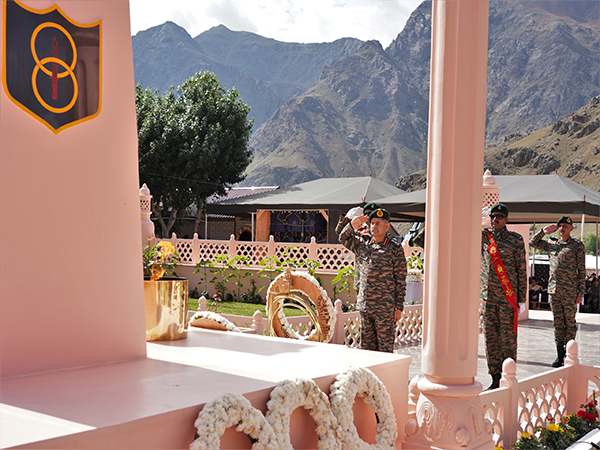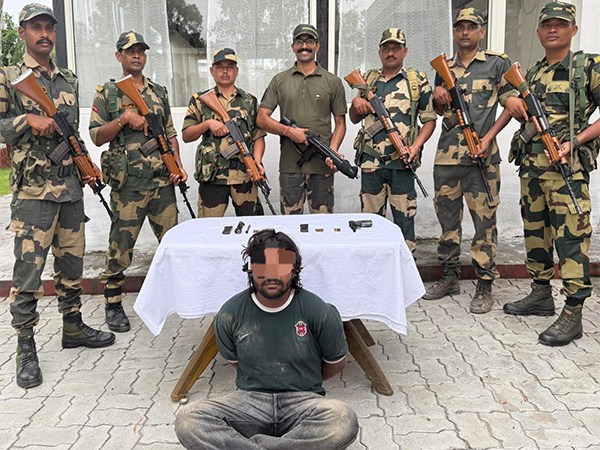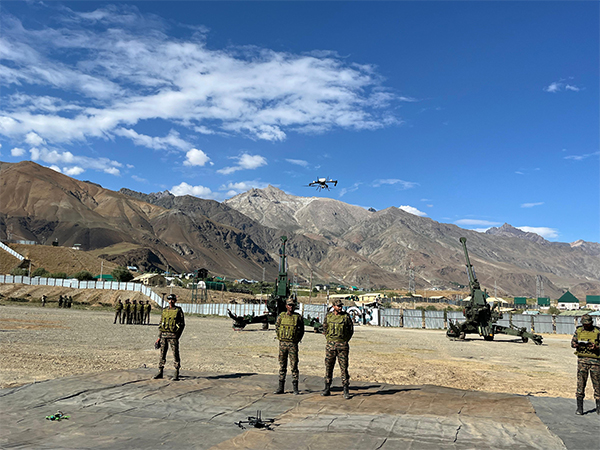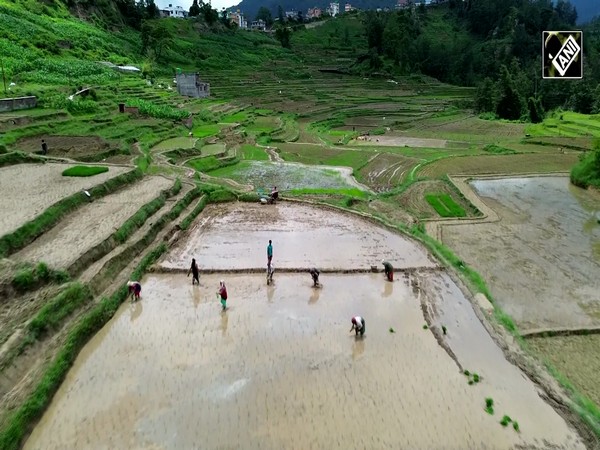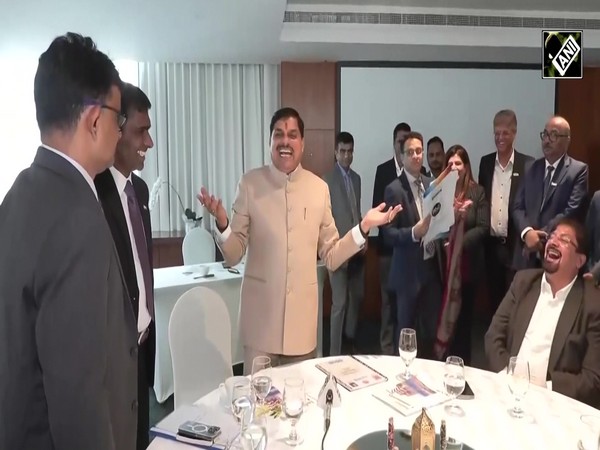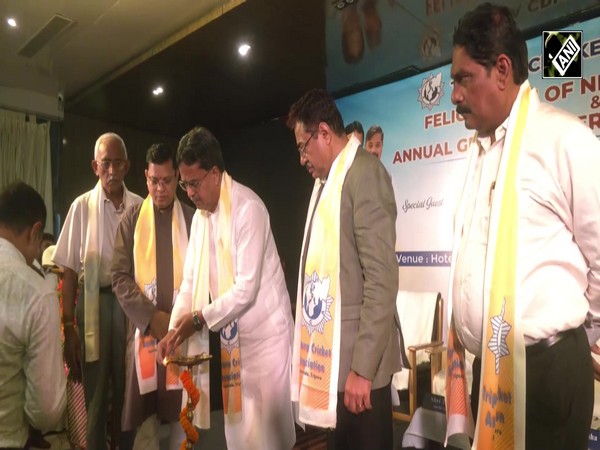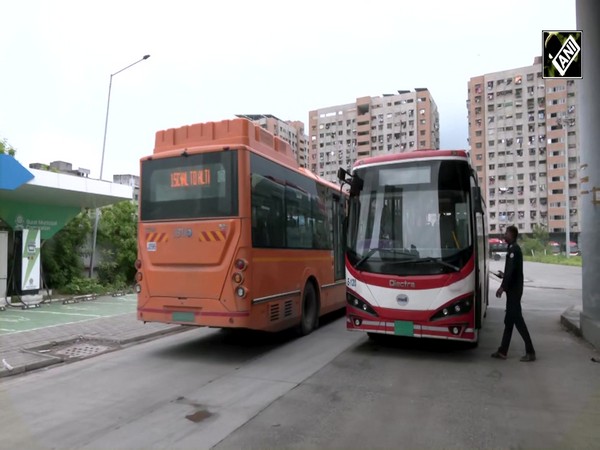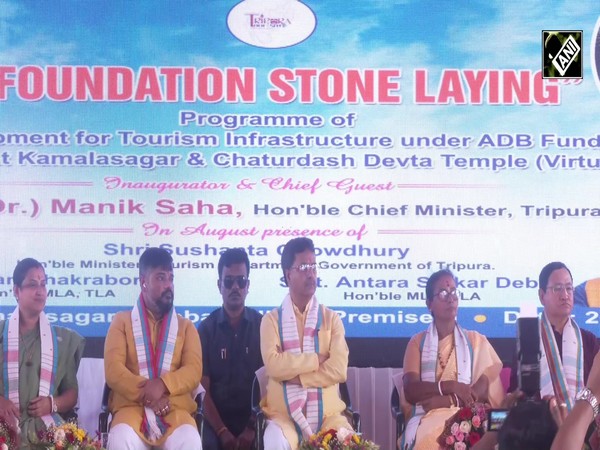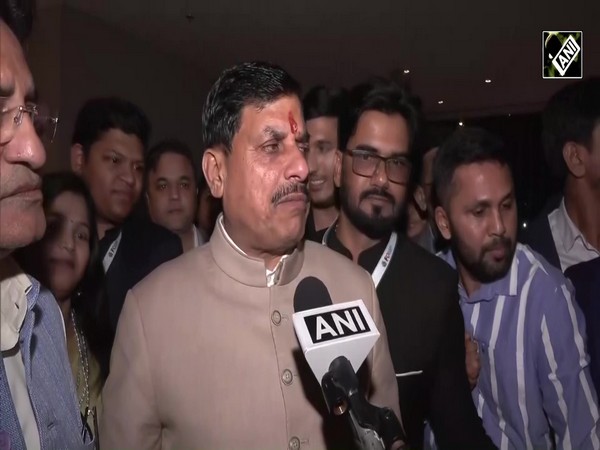Amid situation unfolding in India's neighbourhood, Counter-terrorism course imperative: JNU
Sep 01, 2021

New Delhi [India], September 1 : Amid controversy over the Jawaharlal Nehru University's course titled "Counter-Terrorism, Asymmetric Conflicts and Strategies for Cooperation among Major Powers" as part of its newly introduced Engineering Programme, the University on Wednesday said that the way things have unfolded in India's neighbourhood is proving highly detrimental to India's national security, adding that it is imperative that an academic institution like JNU takes the lead and "builds a good set of counter-terrorism specialists".
A statement issued by JNU Professor M. Jagadesh Kumar read, "The way things have unfolded in India's neighbourhood is proving highly detrimental to India's national security. It is imperative that an academic institution like JNU takes the lead and builds a good set of counter-terrorism specialists. India urgently needs a critical mass of such specialists in this field," read the statement.
It further stated that during the past few days, there was a needless controversy created about the first course without going into the academic merits of the course.
The University in its statement said that the objective of the course is mainly to have an in-depth understanding on the challenges emanating from Terrorism to India's national security and how India can get equipped with adequate responses in the case of any eventuality.
Expressing the need to evolve India's perspective in a balanced and objective manner, the University said that the course has the potential to build a strong narrative for India, adding that an in-depth understanding of various global and regional terrorist networks is a part of the curriculum of this course.
"The curriculum has been designed keeping in mind the terrorist activities at the global level and India's experiences in handling them. There is a need to further evolve India's perspective in a
balanced and objective manner. This course has the potential to build a strong narrative for India.
An in-depth understanding of various global and regional terrorist networks is a part of the curriculum of this course," said the University in its statement.
The University stated that how India has witnessed the rise of religious fundamentalism and radicalization through perverse ideologies in its neighbourhood is an area where a lot of knowledge is needed to deal with the emerging situations. It added that students in Indian educational institutions need to be made aware of these complexities and encouraged to develop effective strategies.
Describing the curriculum as "holistic", JNU in its statement said that the course curriculum also contains sections on the role of intelligence information and the counter-terrorism cooperation among major powers.
It mentioned that there is a section on best practices of counterterrorism and the major global and regional efforts in counterterrorism. Science and Technology to counter-terrorism will also be taught to the students.
"This course will give a broad-based knowledge to the engineering students. At JNU, we will continue to encourage critical thinking since a University is a place for free inquiry where divergent ideas are encouraged to thrive," said the University.
As per the University's statement, JNU established its School of Engineering in 2018 with a dual degree program. In this School, students study engineering subjects in the first four years for their undergraduate degree and in the fifth year, they enrol for a one year Master's degree (MS) in any of the areas of Humanities, Social Sciences, Languages, International Relations, Management, Science and Engineering.
This is in tune with the National Education Policy 2020 which aims to provide holistic and multi-disciplinary education to the students. It is in this context that the following three new courses were approved by the Academic Council of JNU on 17 August 2021 which include Counter-Terrorism, Asymmetric Conflicts and Strategies for Cooperation among Major Powers; India's emerging world view in the twenty-first century and Significance of science and technology in international relations.
